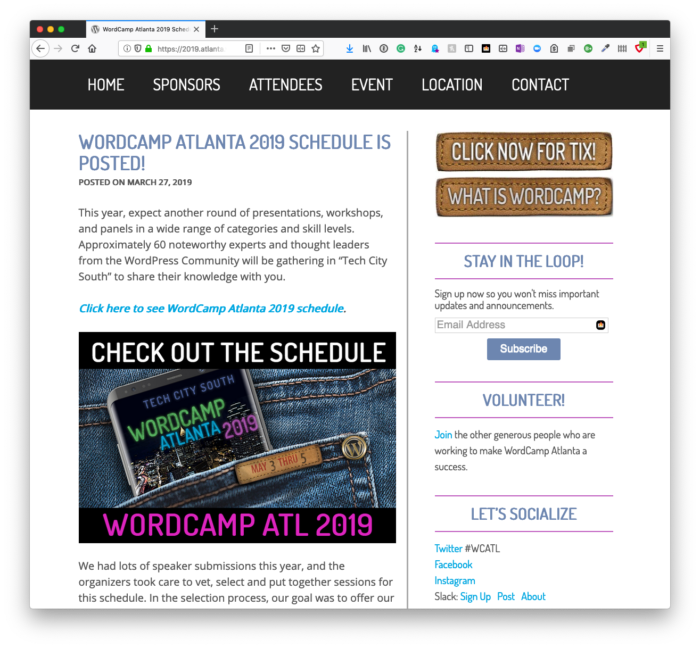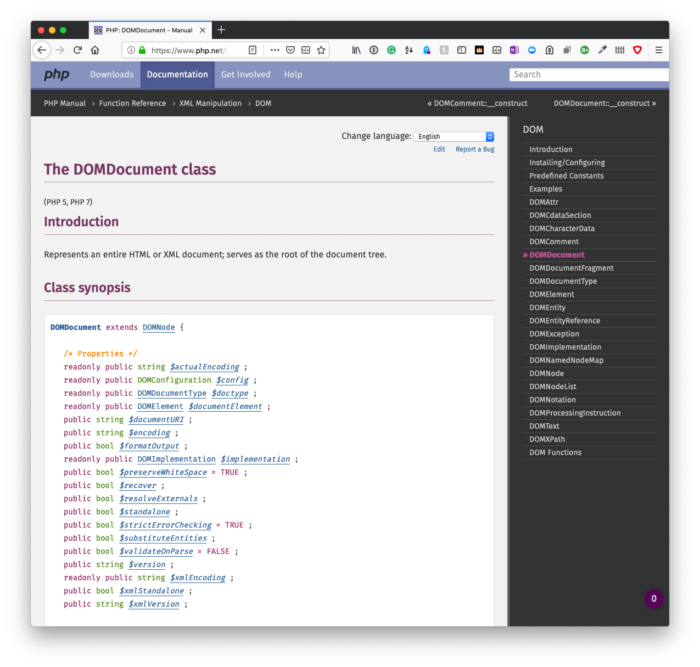I’ve enjoyed speaking at WordCamps since my first back in 2013. You can see a short list of the ones at which I’ve spoken here:
- WordCamp Atlanta 2013
- WordCamp Atlanta 2015
- WordCamp Atlanta 2016
- WordCamp San Diego 2016
- WordCamp Atlanta 2017
And this weekend is officially WordCamp Atlanta 2019.

I took 2018 off of speaking for several different reasons, and I’m not planning to do much in 2019 (especially with another kid making her debut later this year ❤️).
But given the work I’ve been doing with WordPress over the past few years, it seemed fitting to apply to at least speak at my local WordCamp.

